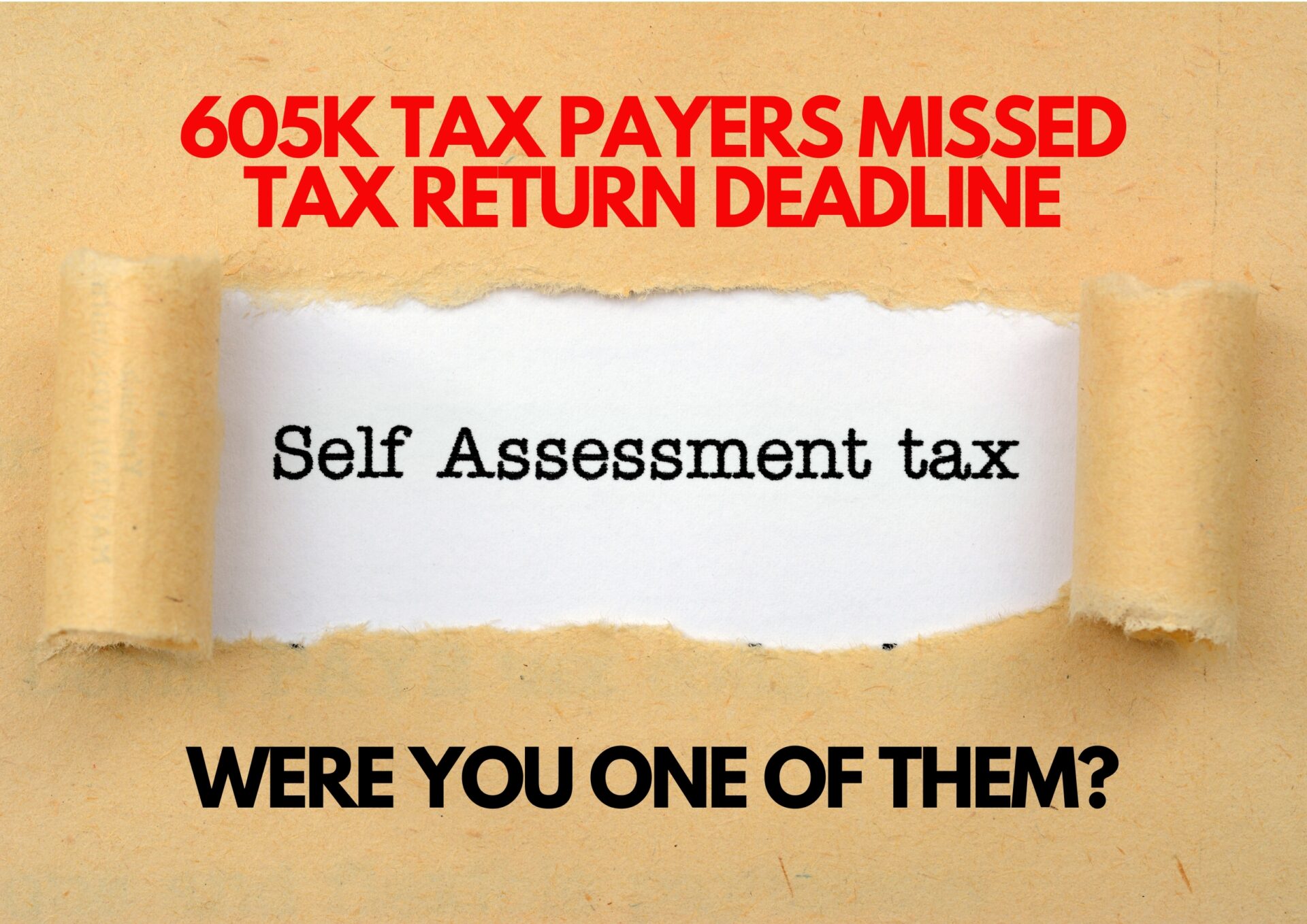A trivial benefit is something which can be described as a small token or gift which is presented to an employee from management. They are a great way to show employees how much you value them. But what many business owners do not know is you do not have to pay tax on these benefits. This article covers all you need to know about taxation on trivial benefits.
This article will cover the following points:
- What classes as a trivial benefit?
- Is there a cap on trivial benefits?
- How should you report trivial benefits?
- Advantages of using trivial benefits in a business
- Can you claim VAT On a trivial benefit?
- Examples of other non-taxable benefits
What Classes As A Trivial Benefit?
They are described as ‘trivial’ because they should have little actual value. For example, a small gift for an employee’s birthday, a bouquet of flowers to congratulate a staff member, or a staff meal out to celebrate an occasion. Even tea and coffee could be classed as a trivial benefit. If you’re not sure whether a gift you give a member of staff can be classed as a ‘trivial benefit’, you can call HMRC’s employer helpline for advice.
Is There A Cap On Trivial Benefits?
According to the HMRC website, a trivial benefit must meet the following criteria:
- Cost you £50 or less to provide
- It isn’t given as cash or a cash voucher
- It isn’t related to work or performance and used as a reward
- It isn’t stated in the employee’s contract of employment
Things can get a bit tricky when exercising trivial benefits when treating a group of staff where everyone’s costs may differ, such as a meal in a restaurant. As long as the average of each employee is less than £50 and it meets the other criteria you should be able to class this as trivial benefit.
‘Close’ company directors can only receive trivial benefits with a cap of £300 in total during a tax year. A ‘close’ company is a limited company that’s run by five or fewer shareholders who are all directors.
For annual events, such as Christmas parties or summer BBQs the £300 yearly limit is a separate exemption. For such events, you may be able to claim up to £150 per employee and is separate to the trivial benefits rules.
How Should You Report Trivial Benefits?
At the end of the tax year you’ll usually need to submit a P11D form to HM Revenue and Customs (HMRC) for each employee you’ve provided with expenses or benefits.
In the main, trivial benefits are exempt and do not need to be reported on a P11D Form. However, if trivial benefits are provided as part of a salary sacrifice they will not be exempt. In which case they will need to be reported at the higher of the salary given up or the amount paid for the benefit given.
You’ll also need to submit a P11D(b) form if:
- you’ve submitted any P11D forms
- you’ve paid employees’ expenses or benefits through your payroll
- HMRC have asked you to – either by sending you a form or an email
Advantages of Using Trivial Benefits In A Business
In modern society it is important employers are seen to be taking care of employees. Trivial benefits can contribute greatly to employees mental health and well-being as it can make them feel appreciated by the business. It can also aid in employee motivation and contribute to a happy working environment.
Can You Claim VAT On A Trivial Benefit?
You can claim back VAT on a trivial benefit as long as you have the relevant information that contains the supplier VAT number. It may not seem worth claiming on items worth less than £50 but over time these benefits will mount up and the saving will be substantial.
Examples Of Other Non-Taxable Benefits
There are certain other benefits you can provide to your employees that are not taxable. This can be used in a positive way to incentivize staff, as well as exercising tax efficiency by the employer.
Some of the most common examples are:-
- Payments for business mileage in an employee’s own car, provided they are within HMRC approved rates.
- Employer payments into a registered pension scheme
- Medical treatment to help an employee return to work after an absence (or expected absence) of at least 28 days, up to a maximum cost of £500
- One health screening assessment and one medical check-up per year, but any follow up treatment is taxable
- Meals provided in a canteen and light refreshments at work
- Parking provided at or near an employee’s place of work
- Workplace nursery places for the children of employees and childcare vouchers (if entered in the voucher scheme prior to October 2018).
- Removal and relocation expenses up to a maximum of £8,000 per move
- One mobile phone per employee, registered in the employer name
- Annual social functions for employees provided that, in any one tax year, the total cost does not exceed £150 per head (including VAT)
- Use of a pool car – this is a vehicle made available for use by more than one employee, with very limited private use, which is not normally kept overnight near the residence of any of the employees
- Expenses that are paid or reimbursed by employers, so long as they were incurred entirely for business purposes. This includes office equipment bought by an employee for home working however this must be discussed in advance. Any significant private use element would be subject to tax and NIC via the payroll.
- Additional household expenses incurred whilst your employee is working from home (e.g. electricity, heating or broadband) can be paid at a flat rate of £6 per week from 6 April 2020.
GET IN TOUCH WITH ONYX
Do you need help with a claim? If you have any queries regarding information in this article, or want to discuss further, please give us a call or e-mail us at enquiries@onyx.accountants for a FREE no obligation consultation.
Our friendly team of tax specialists are happy to help. Just drop us a line!
Call us on 0121 753 5522 or 01902 759 800. We look forward to hearing from you!





